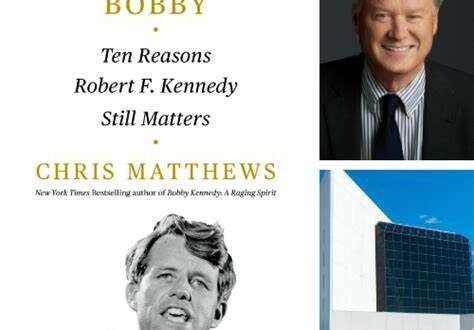Keeley Hazell’s memoir, Everyone’s Seen My Tits: Stories and Reflections from an Unlikely Feminist, is more than a collection of personal essays—it’s an act of reclamation. With remarkable candor, Hazell confronts the weight of her past—from working‑class beginnings and early Page 3 modeling to misunderstanding, scandal, and self‑rediscovery. She lays her story bare.
She grew up in Lewisham, London, and by her teenage years was modeling primarily as a strategy for upward mobility, not self‑expression. In her memoir, she writes of modeling as “a ticket out”—a path chosen out of necessity as much as anyone’s glamour. Her Page 3 success thrust her into fame, but also into a relentless scrutiny that commodified her body, overshadowed her voice, and plunged her into shame and objectification.
Hazell doesn’t shy away from the harshest trials of her early adulthood. A leaked intimate video, used as revenge porn, became a public humiliation. Some critics publicly accused her of orchestrating it—a damaging assumption she had to spend years repairing and unlearning. It was only through retreat, reinvention, and the clarity of distance that she began transforming that narrative.
Her pivot toward acting and writing felt, in part, like a bid for autonomy. After studying acting in Los Angeles, she landed roles in Horrible Bosses 2 and The Royals, eventually earning her breakthrough part as Bex on Ted Lasso. Behind the scenes, she also joined the writers’ room, penning a key episode—and confronting the irony of a beloved character based on her, which she had originally auditioned for but didn’t get star biography and more like a recovery of self. It merges reflections on class, feminism, personal trauma, and the skewed representation of women like herself in tabloid culture. It’s equal parts painful and fierce—she writes with emotional realism, humor, and unapologetic honesty.
Hazell unpacks the tension of being labeled a feminist while thriving as a hypersexualized model—something she says felt impossible in the early 2000s. She calls herself an “unlikely feminist,” interrogating how economic necessity and media objectification can distort one’s sense of self. Her essays demand that we reconsider assumptions about empowerment, agency, and the politics of visibility—with class always in the frame.
Through the writing process, she seems to have found healing. She writes of reclaiming her sexuality on her own terms and using her story to challenge simplistic cultural scripts. The very act of penning her memoir feels like a refusal to remain a flat archetype. It is witness and pushback—an assertion that her story, as complex as any other, deserves to be told.
Hazell’s public reemergence, and this memoir in particular, prompt a cultural conversation about the treatment of women whose bodies—and not their ideas—became their currency. She reframes her narrative not as a tale of scandal or survival, but of reckoning. Her prose reflects a woman who has lived beyond tabloid fodder, who has felt lost, and who now chooses to stand in full self-awareness.
Everyone’s Seen My Tits (Grand Central Publishing, 320 pp.) is available now. It is a book that resists the sensationalism of its title, but uses that provocation to deliver something far more profound: a memoir that dares to hold both suffering and strength in view.




